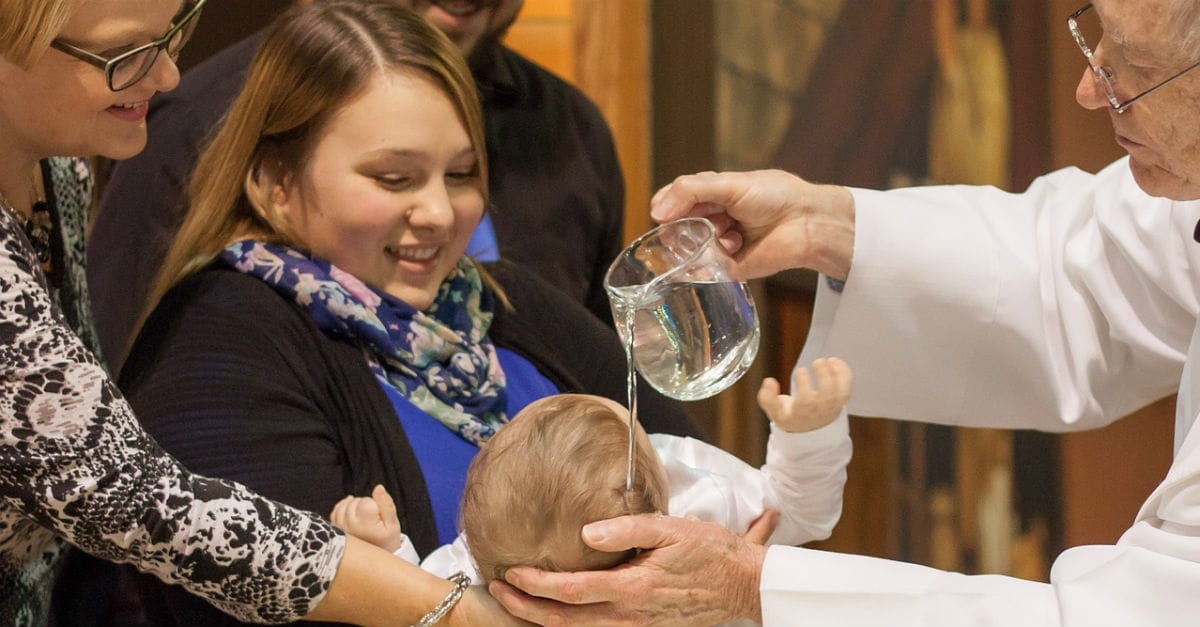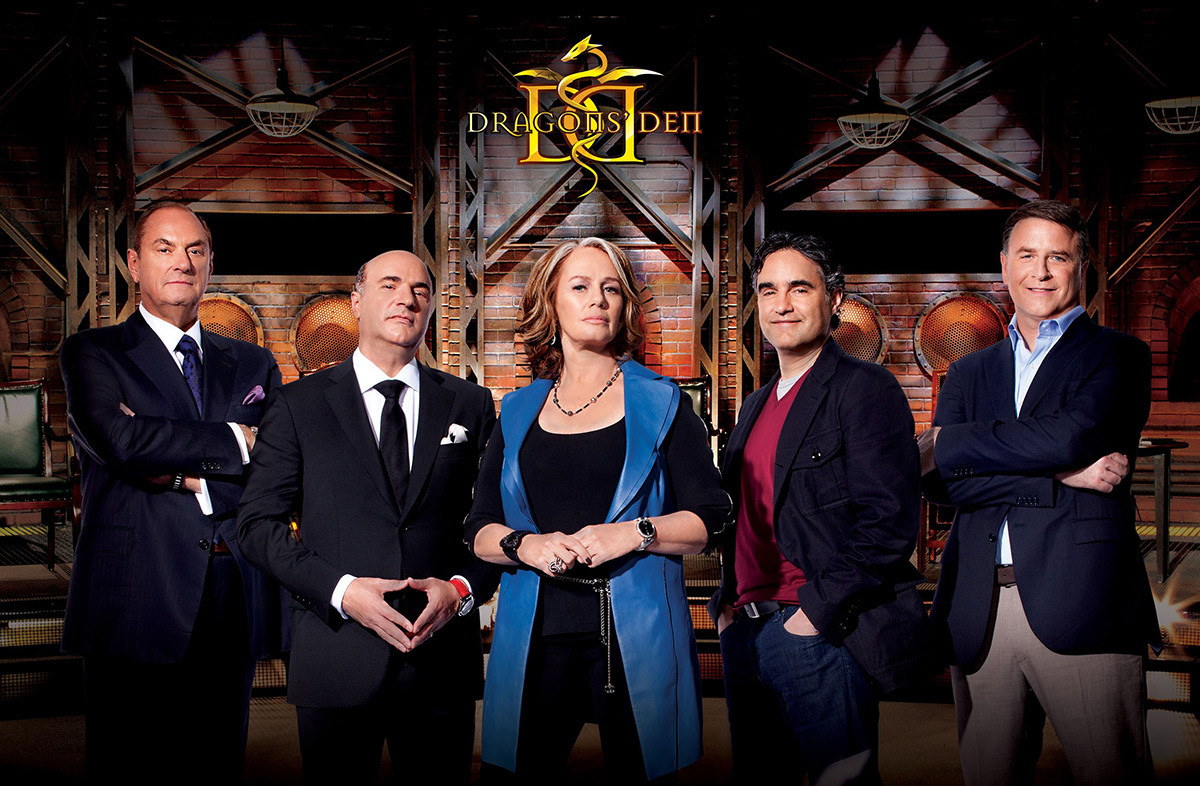As is always the case, Mother's day falls on a Sunday.
And as is always the case, the readings aren't about mothers. Or at least not directly.
That's too bad, of course, because the thing about the Bible is that it actually has quite a bit to say about mothers, the role they occupy and the work that they do. It's not silent on the topic in the slightest. But what does happen, though, is that the lectionary predates things like mothers' day, so we end up with readings that aren't about Mary, or the other Mary, or Lois and Eunice, or about Hannah or Sarah, or anything like that. On Sunday, our reading from Acts was about Peter justifying his decision to baptize Cornelius.
Happy mothers' day!
But baptism is an evergreen topic, and one that should be discussed all the more, and not just by those who want to be baptized. Baptism should be discussed by those who are already baptized. Martin Luther was keen to let people know that they should always be in mind of their baptism, not only in a historical sense, but in a practical one as well. You're not supposed to just remember your baptism as a thing that happened to you, you're supposed to remember your baptism as regards what it still means. And it means a great many things.
To be in mind of your baptism means that you have to think about what baptism is, and why it's there. And for us as Lutheran Christians, we practice infant baptism. That is, if you're a tiny tiny baby, you can be brought to a Lutheran church and baptized there. And you don't have to go through any instruction classes, profess your faith, or anything like that. We do tend to talk to your parents about what our expectations are for them, but babies, adults, here is water, what prevents you from being baptized?
Why do we baptize babies? We do so because of what baptism is. And you know about babies what I know about babies - they don't do too terribly much on their own. They don't think, they don't move, they don't operate machinery. Depending on how tiny the baby is, she can't even eat by herself. Wee tiny babies require you to pop food into their mouths. You have to feed them, bathe them, change them, snuggle them to sleep, gosh, all that, and they bring nothing whatsoever to the table. In fact, they bring less than nothing.
For someone to bring nothing to the table would imply that there are no direct benefits to keeping them around. When it comes to babies, though, there are real costs. All that a baby brings to you is need. That's it. They need food, clothing, cuddles, attention, affection, they need to be rocked to sleep and tucked in, and they can't do anything to help themselves. And we take babies and baptize them for that reason - because they have needs that they can't meet themselves.
When Jesus says 'if anyone will not receive the kingdom of God like a little child, he will never enter it,' this is part of what he means. You don't come to God as a full partner, or as an equal. You don't approach his throne of grace with some pretty interesting propositions for him. Rather, you come to him with nothing but need. You need your daily bread, you need the sun to come up in the morning, you need house and home, clothing and shoes, eyes ears and all your members. And you need forgiveness of sins. You don't go to God with some sort of business plan for all this, you know. This isn't dragon's den, where you make a proposition to God. This is you approaching God with nothing but need.
And this is why we can talk about mothers' day through this lens. That is, think about what you brought to the table so your mother would love you when you were born. The first several mothers' days that you lived through you gave nothing to your mother except needs. And, very likely, she met them. Not because you chose her out of all the mothers, not because you had worked so hard and done so much, the reality is that you come to your mother with needs only, and she meets them. She meets them because they are needs.
The precursor to your mother meeting your needs, the necessary condition, is that the needs exist. You are hungry, she feeds you. You are tired, she rocks you to sleep. You are cold, she tucks you in. You are dirty, she bathes you. And that, right there, is as close as possible to our understanding of baptism. Namely, small babies are baptized because they have a need for it. They have a sinful nature, they need forgiveness, and they are washed clean in the waters of baptism. They come to God with nothing, they leave with salvation. If we understand our relationship with our earthly parents like this, then we can also understand our relationship with our heavenly father, who meets our needs because we have them.
Sometimes, it really is just that simple. The precondition of meeting our needs is that the needs exist. That's why, when Peter cracks the case about God showing no partiality between the nations, and that everyone who does what is right and fears God is acceptable to him. Everyone who has need for baptism can be baptized. Because what is important is that you have the need for God. And that he meets it.



No comments:
Post a Comment